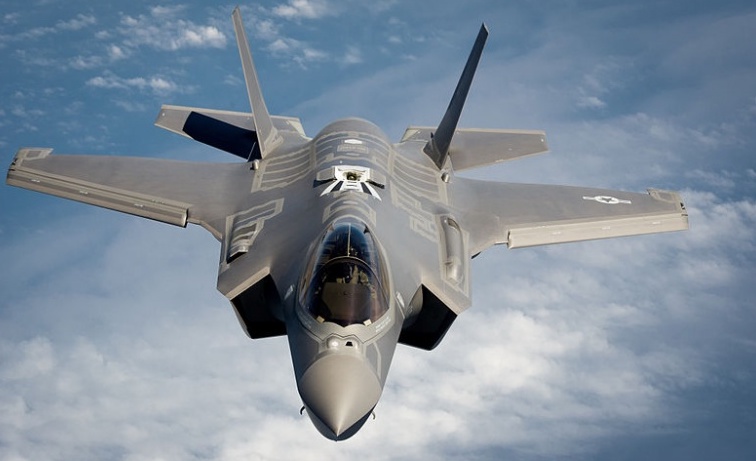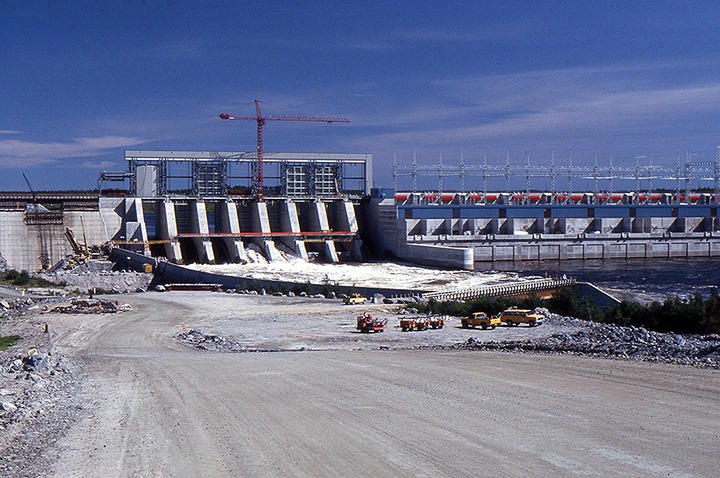Iran

Donald Trump and the man he executed in a targeted assassination, Iranian Revolutionary Guards commander Qassem Soleimani, mirror each other as war criminals who treat the people of Iraq and the greater region as pawns in their power game. In fact, they were long de facto allies—Soleimani had been overseeing a “dirty war” in Iraq against Sunni militants and suspected ISIS sympathizers. His allied paramilitary forces have serially massacred anti-government protesters in Baghdad. In less explicit alignment with Washington, Soleimani provided similar services on a far greater scale to the Bashar Assad dictatorship in Syria. This is why all the media talk (echoing Trump) about how he “killed Americans” reeks of racism and imperial narcissism. However many US troops Soleimani may have been responsible for killing, this was the least of his massive crimes. Similarly, calling him a “terrorist,” implying he was responsible for attacks on Westerners (always the connotation of that label in mainstream Western discourse), is a vast understatement. He was worse than a terrorist: he was a war criminal. And so is Trump—in his destruction of ISIS-held Raqqa and Mosul (which could only have cheered Soleimani), in his targeted-assassination drone strikes, and now in his threat to bomb Iranian cultural sites. (Photo: Iran Briefing)







